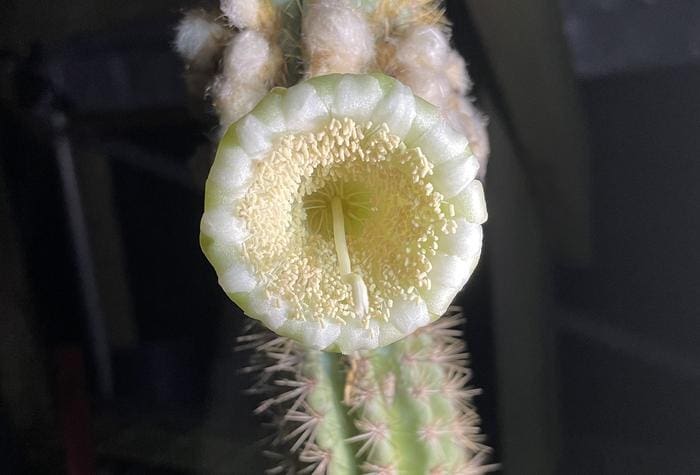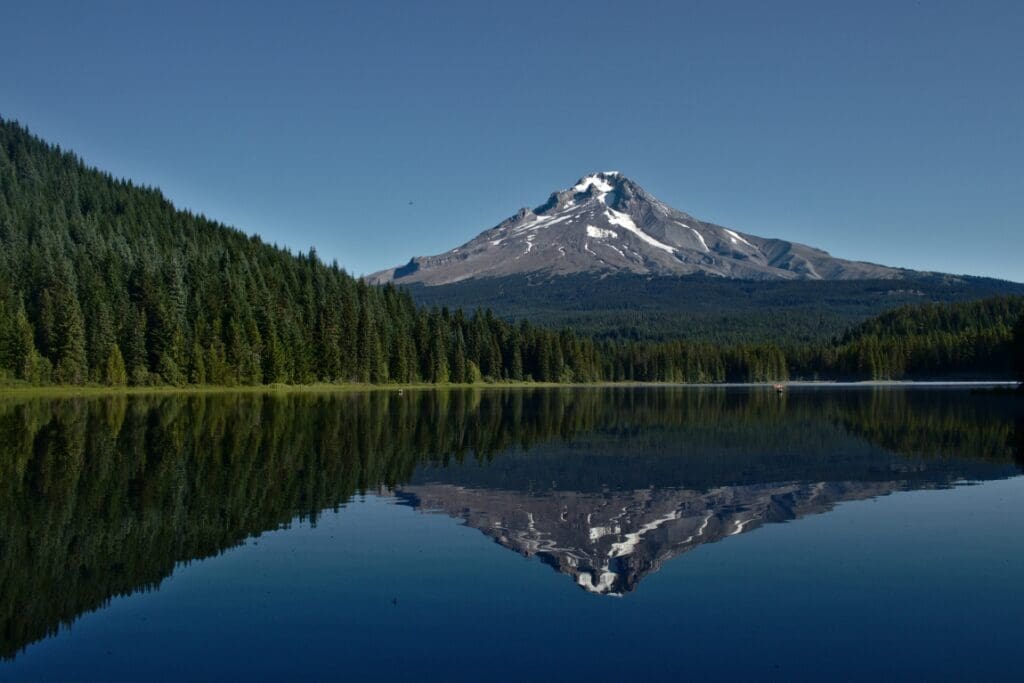
Climate Science Digest: October 26, 2025Science Muser NewsDeskOctober 26, 2025
Full article
Muser NewsDeskOctober 26, 2025
Full article
Climate Science Digest: October 26, 2025
Explore the latest insights from top science journals in the Muser Press daily roundup (October 26, 2025), featuring impactful research on climate change challenges. In…

Extreme heat drives mass die-off of Red Sea clownfish and anemonesScience SourceSeptember 19, 2025
Full article
SourceSeptember 19, 2025
Full article
Extreme heat drives mass die-off of Red Sea clownfish and anemones
A new study led by Boston University marine biologists reveals that heat waves are threatening the future of the fish made famous by Finding Nemo…

Towards a shared future with natureClimate SourceJune 30, 2025
Full article
SourceJune 30, 2025
Full article
Towards a shared future with nature
The Nature Relationship Index offers a new way of of measuring how countries use and protect natural resources Summary: A group of international experts has…

Climate Science Digest: June 26, 2025Science Muser NewsDeskJune 26, 2025
Full article
Muser NewsDeskJune 26, 2025
Full article
Climate Science Digest: June 26, 2025
Explore the latest insights from top science journals in the Muser Press daily roundup (June 26, 2025), featuring impactful research on climate change challenges. In…

Emperor penguin population shrinking faster than expected in AntarcticaScience SourceJune 11, 2025
Full article
SourceJune 11, 2025
Full article
Emperor penguin population shrinking faster than expected in Antarctica
Antarctica’s emperor penguin population may be decreasing faster than some of the most pessimistic predictions Summary: Emperor penguins may be vanishing from Antarctica more quickly…

Mountain plants face extinction as climate outpaces their ability to adaptScience SourceMay 2, 2025
Full article
SourceMay 2, 2025
Full article
Mountain plants face extinction as climate outpaces their ability to adapt
Adaptation and sluggish gene flow cannot save mountain plants from climate change Summary: New research reveals that adaptation and natural gene flow may not be…

Climate Science Digest: March 27, 2025Science Muser NewsDeskMarch 27, 2025
Full article
Muser NewsDeskMarch 27, 2025
Full article
Climate Science Digest: March 27, 2025
Explore the latest insights from top science journals in the Muser Press daily roundup, featuring impactful research on climate change challenges. In brief: A new…

Ancient climate crisis reshaped Earth’s ecosystems after mass extinction eventClimate SourceMarch 12, 2025
Full article
SourceMarch 12, 2025
Full article
Ancient climate crisis reshaped Earth’s ecosystems after mass extinction event
By comparing climate models to fossil vegetation, scientists trace the remains of climate chaos following the Permian-Triassic mass extinction — including 10 degrees of global…

Climate Science Digest: February 20, 2025Science Muser NewsDeskFebruary 20, 2025
Full article
Muser NewsDeskFebruary 20, 2025
Full article
Climate Science Digest: February 20, 2025
Explore the latest insights from top science journals in the Muser Press daily roundup, featuring impactful research on climate change challenges. In brief: Study reveals…

The cost of saving Australia’s wildlife: $15.6 billion per yearScience SourceFebruary 4, 2025
Full article
SourceFebruary 4, 2025
Full article
The cost of saving Australia’s wildlife: $15.6 billion per year
The cost of preventing extinction of Australia’s priority species Summary: Preventing extinction for 99 of Australia’s priority species would require an annual investment of $15.6…

Overfishing halves shark and ray populations since 1970Science SourceDecember 15, 2024
Full article
SourceDecember 15, 2024
Full article
Overfishing halves shark and ray populations since 1970
The world’s oceans are losing their apex predators at an alarming rate. A new study published in Science reveals that overfishing has reduced populations of…

US moves to save once-common monarch butterflies from extinctionNews SourceDecember 11, 2024
Full article
SourceDecember 11, 2024
Full article
US moves to save once-common monarch butterflies from extinction
Washington, United States | AFP - The United States is moving to grant federal protections to the monarch butterfly -- a once-common species recognizable by…

New study reveals 485 million years of Earth’s temperature shifts driven by CO2Climate SourceSeptember 20, 2024
Full article
SourceSeptember 20, 2024
Full article
New study reveals 485 million years of Earth’s temperature shifts driven by CO2
Smithsonian-sparked study co-led by University of Arizona underscores perils presented by unprecedented rate of human-made warming. A new study co-led by the Smithsonian and the…

Survey reveals gaps in understanding of biodiversity loss among environmental students worldwide Adrian AlexandreSeptember 2, 2024
Full article
Adrian AlexandreSeptember 2, 2024
Full article
Survey reveals gaps in understanding of biodiversity loss among environmental students worldwide
A global survey conducted by Goethe University Frankfurt has uncovered concerning knowledge gaps among students of environment-related subjects about the causes of biodiversity loss. The…

First local extinction in the US due to sea level riseClimate SourceJuly 9, 2024
Full article
SourceJuly 9, 2024
Full article
First local extinction in the US due to sea level rise
By Jerald Pinson | Florida Museum of Natural History The United States has lost its only stand of the massive Key Largo tree cactus in…

Scientists identify safe havens we must preserve to prevent ‘the sixth great extinction of life on Earth’Science SourceJune 25, 2024
Full article
SourceJune 25, 2024
Full article
Scientists identify safe havens we must preserve to prevent ‘the sixth great extinction of life on Earth’
By University of East Anglia If we act now, we can prevent human-caused extinctions wiping out our planet’s wildlife, according to an international coalition of…

Climate change is most prominent threat to pollinators, CABI Reviews paper findsClimateScience SourceMay 17, 2024
Full article
SourceMay 17, 2024
Full article
Climate change is most prominent threat to pollinators, CABI Reviews paper finds
By Wayne Coles A paper published in the CABI Reviews journal has found that climate change is the most prominent threat to pollinators – such…
